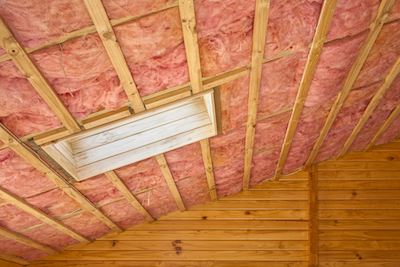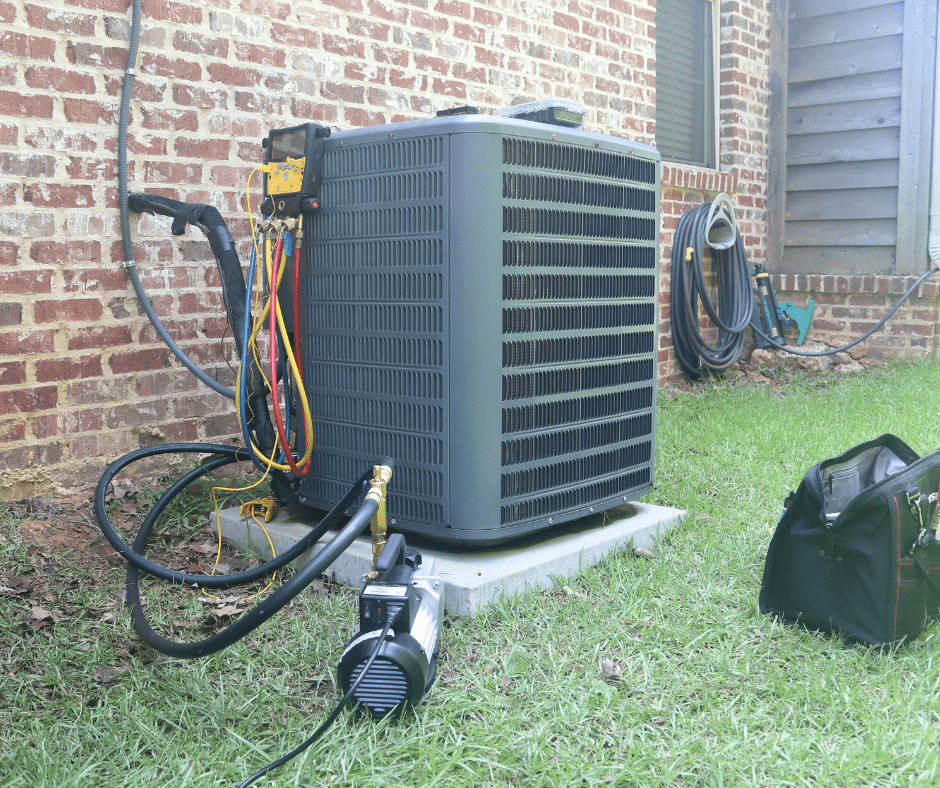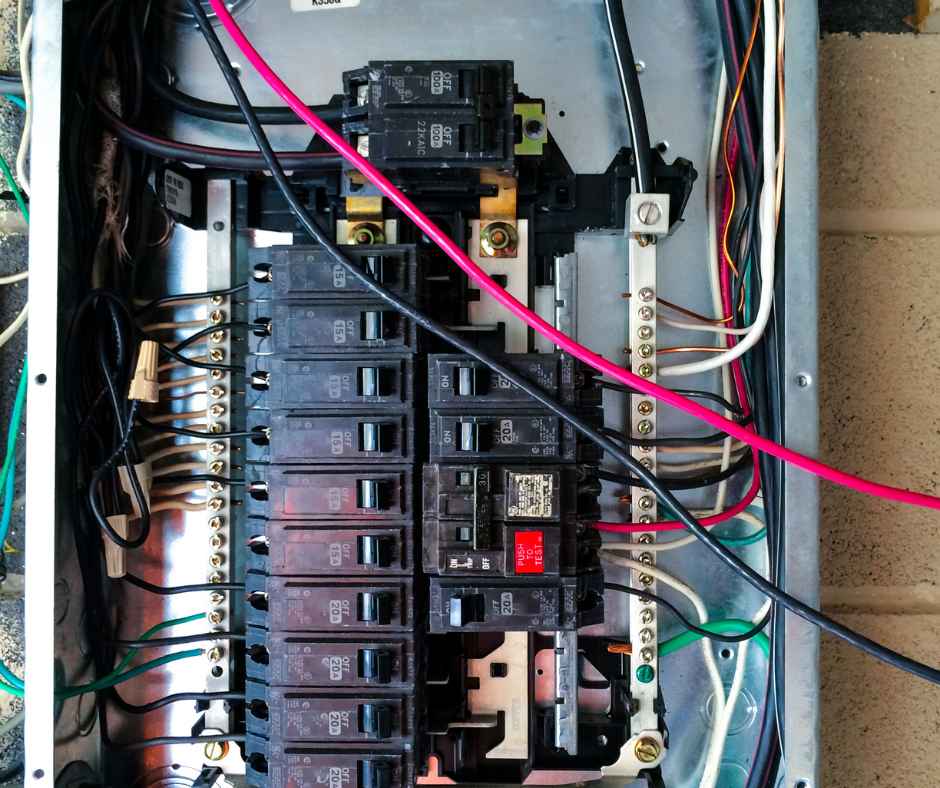Mega Furnace Tune Up FOR $99! BOOK NOW
Why R Value Matters In Home Insulation

Once upon a time, across the US, we built our homes strictly out of wood. It was easy to chop down a tree, and put them together to create a simple shelter.
As time went by, building became more sophisticated. We processed the wood into boards, and added filler to block out some of the elements. And very quickly we learned that insulation could do as much for a house to keep it warm in the winter as it can to keep it cool in the summer.
Insulation blocks heat transfer. It stops the heat from flowing out of your home in the winter, and blocks it from entering from outside in the summer. When it reduces heat flow, it lowers your energy usage in the process. That means your utility bills aren’t as high as they would be without it.
Is your home properly insulated?
The first thing you should look at before you purchase any insulation is the R Value. The R stands for resistance – it’s how well it protects against heat flow transfer throughout your home. The higher the R Value, the higher the insulating power.
This makes it easy for consumers to tell what level of insulation they are purchasing. If an R Value from one company matches an R Value from another, you know they have the same insulating qualities. Of course, the insulation can come in different formats. Different spaces throughout your home have different needs.
What impacts the type of insulation you select for your home?
Ultimately, it depends on your home’s needs.
A home in a colder climate should, in theory, select the highest level of R Value possible to protect it from the cold. A home in Minneapolis would require higher R Value insulation than a home in Atlanta.
It also depends on how your home was constructed. Do you have a basement or crawlspace? Do you have cathedral ceilings? All of these can impact the way you insulate your home.
How do you heat or cool your home? Do you use gas forced air or heat pump? Depending on how your heating and cooling system is set up can impact the way your home is insulated.
The FTC has established R Value guidelines to make it easy for consumers to understand the product they are receiving. If you have any questions about the product, the best time to ask is before you sign on the dotted line; before you have the insulation installed.
What questions do you have about upgrading the insulation in your home?
Heater on the fritz? Frustrated with plumbing problems? R.S. Andrews is just a call away!





